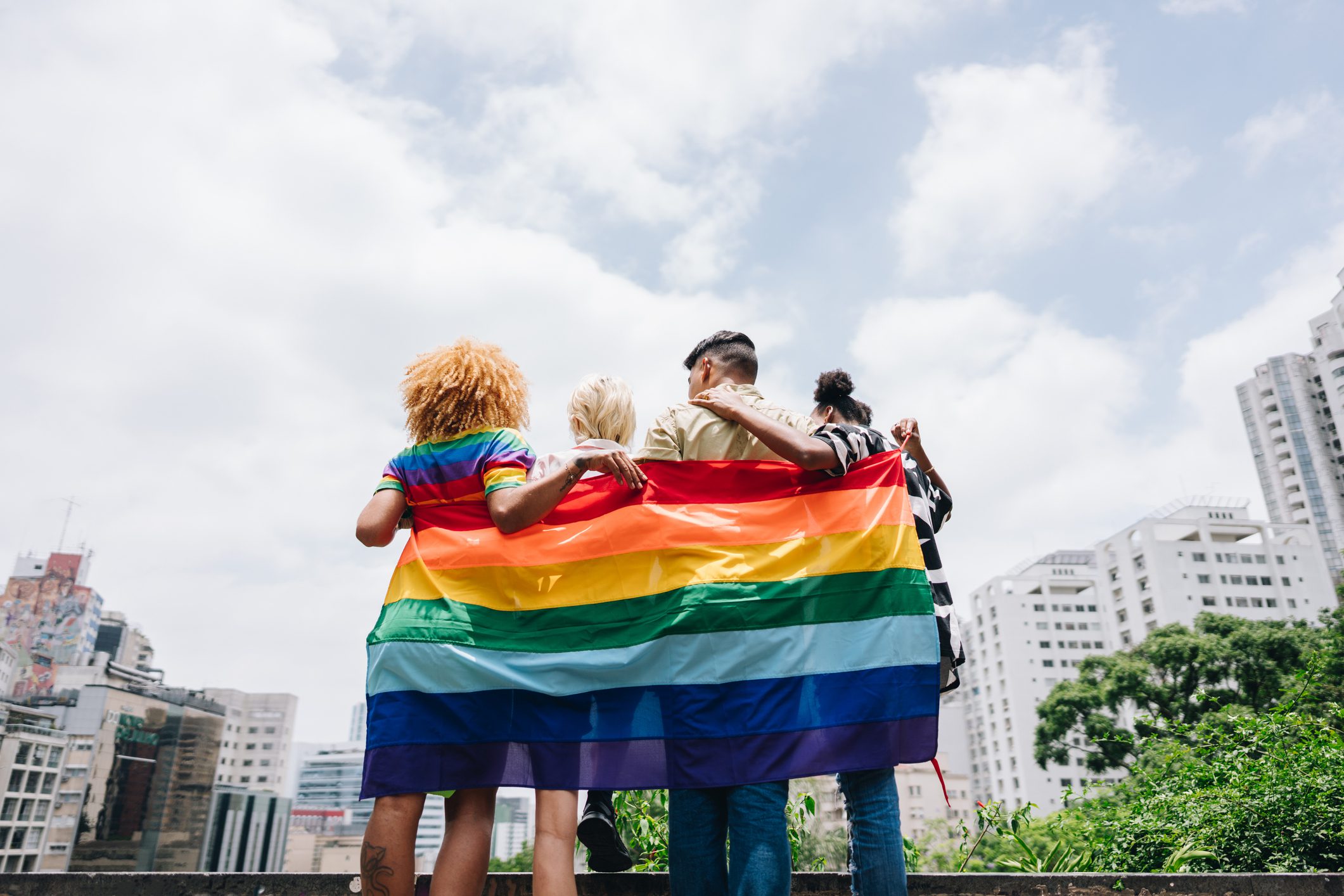June is Pride Month, a time to remember the struggles and perseverance of the LGBT+ Community. Lesbian, gay, bisexual, transgender, or otherwise not heterosexual and cisgender people face a lot of individual and systemic traumas, which can increase their risk for mental health and substance use issues. At The Pavilion, in Williamsburg, Virginia, we offer compassion, empathy, and trauma-informed care to each patient we serve.
Trauma faced by LGBT+ People
Anyone can experience trauma. It’s practically a part of being human. The majority of people have experienced at least one painful event that could be considered traumatic. Having numerous traumas, however, is less common. LGBT+ people are likely to experience the same traumas as anyone else, but may also have added trauma as a result of:
- Bullying, assault, and violence. For example, 10 percent of LGBT+ students have been threatened or injured with a weapon on school property, 29 percent of LGBT+ students have been bullied at school, compared to 16 percent of cisgender and heterosexual students, 28 percent of LGBT+ youth have been bullied electronically, 17 percent of LGBT+ youth have been raped, compared to 6 percent of their cisgender and heterosexual peers, 51 percent of LGBT+ adults have been harassed or experienced violence for their sexual orientation or gender identity, and 38 percent of transgender people have been called slurs.
- Rejection and shame from family, friends, and society in general
- Unstable housing
- Threats to the rights of LGBT+ people
- Discrimination
- Internalized homophobia
- Trans people may face additional barriers to treatment, such as discrimination and denial of services, hostility and insensitivity from providers, binary segregation that does not make room for them to participate where they are most comfortable, and a lack of acceptance of their gender in recovery groups
Effects of Disproportionate Trauma
It is important to recognize that LGBT+ people are not inherently more prone to mental illness or substance use disorders. The struggles they face would place any person at heightened risk for these disorders, which include:
- 39 percent of LGBT+ people have reported a mental illness in the past year.
- LGBT+ teens are six times more likely to have symptoms of depression than their non-LGBT+ peers.
- 41 percent of LGBT+ youth have considered suicide, compared to 13 percent of heterosexual and cisgender students
- 48 percent of trans adults report that they have considered suicide in the past year, compared to 4 percent of the overall U.S. population.
- Lesbians are more likely to drink heavily than heterosexual women. Bisexual women are more likely than either to drink heavily.
- Gay men use alcohol and illicit substances at a higher rate than the general population, however, this is impacted by age, affiliation with gay culture, stress levels, and openness about their orientation
- Marijuana, crack cocaine, and alcohol are the substances most often misused by trans people, who also have a high rate of methamphetamine use.
While researchers generally acknowledge that LGBT+ people have a higher rate of substance use than the rest of the population, it is important to remember that the information available could be skewed by:
- Research bias that led to non-representative subgroups within the LGBT+ community being studied, with disproportionate focus on newly out gay men, for example, rather than a diverse group of gay men. Newly out gay men are more likely to be isolated and inclined to use substances than someone who has been out longer and has well-established systems of support.
- False narratives are promoted by homophobic people who wish to victim-blame LGBT+ people who develop mental or physical health concerns.
LGBT+ Resources
Some resources that were built specifically to increase support for LGBT+ people include:
- The Trevor Project – Support for LGBT+ young people via phone, chat, or text
- Mental Health Fund for Queer and Trans People of Color – Financial support for people of color who are LGBT+ to get mental health help
- Gay, Lesbian, and Straight Education Network – Resources for educators, students, and local groups working to provide safe, inclusive spaces for LGBT+ kids
- Human Rights Campaign – Civil rights organization working to achieve LGBT+ equality.
At The Pavilion, we offer a safe, supportive environment where people with mental health disorders can receive care that helps them regain their stability and return to the community. We offer a variety of treatment modalities via our inpatient and outpatient services.





